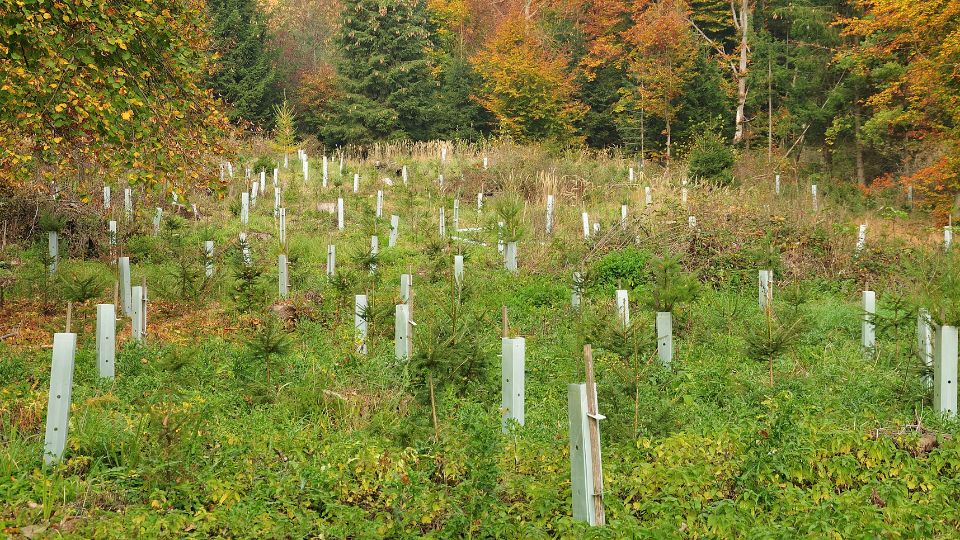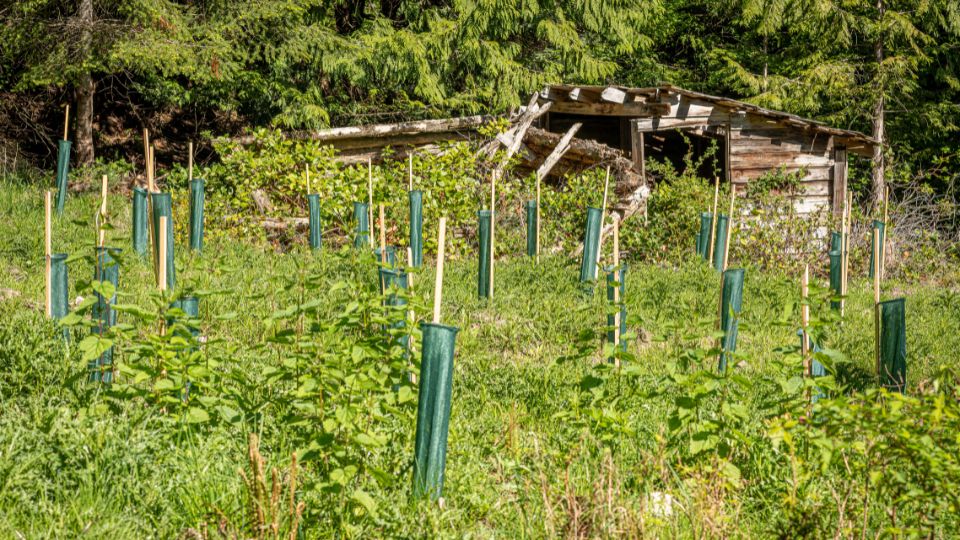
In the battle against climate change, much of the focus has been on reducing carbon dioxide (CO2) emissions.
However, methane, a greenhouse gas that is far more potent than CO2 in the short term, has become an increasing concern.
While we know methane is often associated with activities like livestock farming, landfills, and natural gas production, there is another powerful and natural solution: reforestation.
Understanding Methane’s Impact
Methane (CH4) is a colourless, odourless gas that contributes to global warming, trapping 80 times more heat than CO₂ over 20 years. While methane levels are rising, worsening climate change, there’s hope in nature’s ability to fight back.
Initiatives like JUST ONE Tree are crucial, focusing on large-scale reforestation efforts. Trees absorb CO₂ and play a role in balancing other gases, including methane.
By planting trees in degraded ecosystems, JUST ONE Tree helps restore natural processes, offering a nature-based solution to reducing greenhouse gas levels.
The Role of Forests in Methane Absorption

Trees are not just beneficial for absorbing CO2; they also fascinatingly interact with methane. Forests, particularly those with wetlands and peatlands, can help regulate methane levels.
Here’s how:
Methane Oxidation by Soil Microbes
Soil and plant roots can harbour microorganisms that actively oxidise methane, converting it into CO2 and water.
This process is crucial in wetlands, where methane production is typically higher due to the anaerobic (low-oxygen) conditions in the soil.
Forests with rich soil and diverse plant roots can help increase this natural oxidation, reducing methane emissions in the process.
Reforestation Reduces Methane from Landfills
Landfills are a significant source of methane emissions. By planting trees over landfill sites, we help in carbon sequestration but also potentially reduce methane emissions.
The roots of the trees may help aerate the soil, which can promote the oxidation of methane.
Additionally, trees can reduce landfill gas leaks by stabilising the ground and preventing the gas from escaping into the atmosphere.
Wetlands and Peatlands
Many forests contain wetland ecosystems that are particularly effective in mitigating methane emissions. Peatlands, for instance, act as carbon sinks, but they can also store methane.
By restoring these wetland areas through reforestation, we could enhance their methane oxidation capabilities.
In these ecosystems, replanting trees and restoring hydrology could improve the natural processes that trap methane before it reaches the atmosphere.
Global Reforestation Efforts
Reforestation is gaining traction as an effective solution to reduce CO2 emissions, but its potential to address methane has not been fully recognised.
Replanting native trees in areas where forests have been cleared or degraded can lead to multiple benefits: from boosting biodiversity and preventing soil erosion to helping mitigate methane emissions.
Countries and organisations around the world are already working on reforestation projects, with programs like the United Nations’ Bonn Challenge aiming to restore 350 million hectares of degraded land by 2030.
These projects offer a multi-faceted approach to carbon sequestration and methane mitigation.
What Can We Do?

While large-scale reforestation efforts are essential, individuals can also contribute.
Here are some ways you can support methane reduction through reforestation:
- Support Tree Planting Initiatives: Participate in or donate to reforestation programs and organisations.
- Support Policies that Encourage Forest Protection and Restoration: Advocate for policies that protect existing forests and promote sustainable land use.
- Reduce Methane Emissions in Other Areas: Minimise methane emissions in other sectors, such as by reducing waste and supporting renewable energy, so that the combined efforts will be even more impactful.
Conclusion
Reforestation may not be the first solution that comes to mind when tackling methane emissions, but it holds significant promise in mitigating this potent greenhouse gas.
By fostering healthy, biodiverse forests, we can help naturally reduce methane levels in the atmosphere, slow the pace of global warming, and move toward a more sustainable, climate-resilient future.








